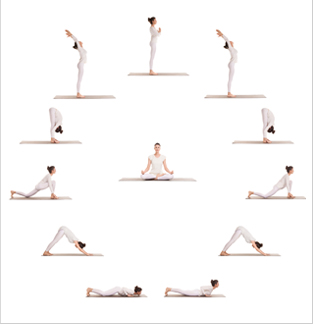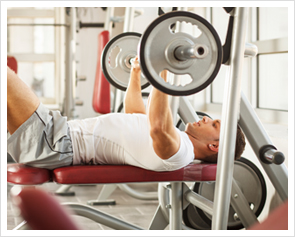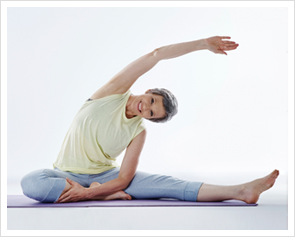Exercise
Just eat healthy and move more “sufficient advice to treat obesity”
Physical exercise is defined as any bodily movement produced by skeletal muscles that requires energy expenditure. It is performed for various reasons, including strengthening muscles and the cardiovascular system, weight loss or maintenance, and merely enjoyment.
Why exercise?
Regular and adequate levels of Physical Activity
- Increases BMR (Basal Metaboic Rate), refers to body’s energy expenditure in resting condition
- Muscular and Cardio Respiratory Fitness
- Bone and Functional Health
- Risk for Obesity
- Risk for Chronic Diseases like Diabetes, heart diseases, etc.
What are the types of Exercises?
Cardio-respiratory exercise (Aerobic activity)
t is types of exercise in which we observe shortness of breath, perspiration and increase in heart rate.This uses large muscle groups and causes your body to use more oxygen than it would while resting.
The goal of aerobic exercise is to increase cardiovascular endurance and burn extra calories and fat.
Examples are:
- Brisk walking, Jogging, Running, Treadmill
- Aerobics, Zumba, Dancing
- Sports activities: Cycling, Swimming, Tennis, Badminton, Foot ball, Volley ball
Tips for Aerobic activity:
- Take small quantity of carbohydrate in liquid form prior to the exercise
- It should be done daily (5 days a week) and at least for more than 30 min non-stop.
- Can be done twice in a day to burn extra calories.


Weight (Resistance) Training (Anaerobic activity):
It is type of exercise in which group of muscles are activated with weights against travitational force.
The goal of this type of exercise is firm, strengthen, and tone your muscles, as well as improve bone strength. Examples of strength moves are : pushups, lunges, and bicep curls using dumbbells.
Tips for Anaerobic activity:
- Must do every alternate days targeting muscle type
- repeatation is recommended over heavy weight

Flexibility exercises :
It is type of exercise in which there is stretching and lengthening of Muscles to improve flexibility of joints and to keep muscles limber.
The goal of is to improve the range of motion which can reduce the chance of injury.
Tips:
- Must do pre and post exercise.

| Do’s | Dont’s |
|---|---|
|
|








 +9197 2525 2596
+9197 2525 2596